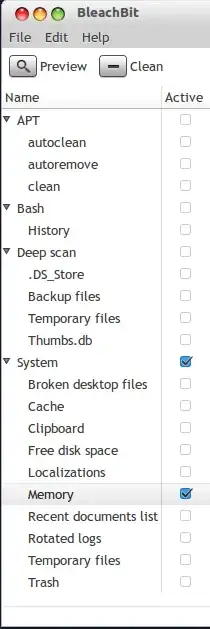After the system starts, in a few minutes my memory cache fills up and it starts using the swap. Here's a screenshot of /proc/meminfo.

However, if I can disable this process / clean the cache once after that, I think my system will speed up to some extent. Correct me if I am wrong here.
I have also tried Bleachbit memory cleaning, but it doesn't seem to clean the memory cache properly. Also, the feature is still in an experimental stage.

There was already a similar question posted here: How can I disable the prefetch cache?, but it was regarding Ubuntu Server, and also the answers involved manual settings etc.
So, I want to know if there's some software for disabling/enabling Memory Cache for Ubuntu 12.04.
tracker-miner. After I uninstalled all tracker packages, my problem went away. I also have 4GB memory, and 2GB are used by chaches, but I'm nor experiencing any problems. – daniel kullmann Jun 25 '12 at 12:39sync && echo 3 | sudo tee /proc/sys/vm/drop_cachesas much as you can be – Viktor Joras Jan 13 '19 at 10:31